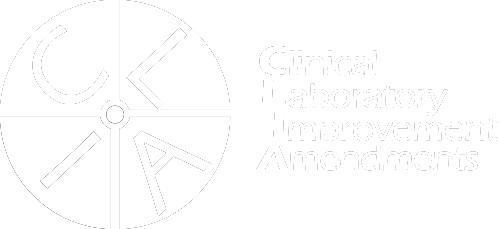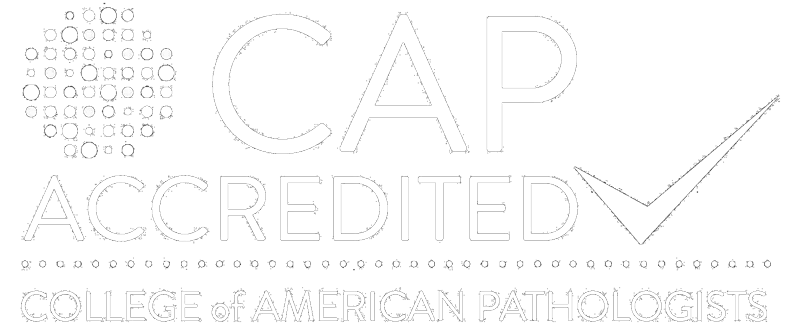Richmond, Va. – In 2016, 4.5 million people were on community supervision in the United States. This system allows individuals to be held accountable for their actions while still serving their communities, families, and victims. Failure to follow the rules of probation or parole results in a technical violation and in some cases a revocation of supervision. For some, this means going to jail for missing an appointment, using alcohol or drugs, or not paying required fees.
These violations are not new crimes, nor do they mean someone is a threat to public safety; yet in the process of being sent to jail they can lose their job, home, or even custody of children. In addition, there are notable cost implications for local and state governments. Arnold Ventures and the CUNY Institute for State and Local Governance found that approximately 95,000 people are incarcerated daily as a result of a technical violation to their probation or parole. The resulting cost is $2.8 billion annually, with at least 12 states spending more than $100 million every year.
In May 2019, Arnold Ventures and the CUNY Institute launched a national challenge aiming to increase public safety by reducing unnecessary probation revocations which lead to mass incarceration. Michael Jacobson, CUNY’s Executive Director for the Institute for State and Local Governance (ISLG), stated, “Despite being an alternative to incarceration, probation remains one of the biggest sources of jail and prison admissions in this country.” In recent years, probation has become a stepping stone towards incarceration because so many people (more than half in some states) are being placed in jail for technical violations rather than new crimes. Vincent Schiraldi, co-director of the Columbia University Justice Lab stated, “The Reducing Revocations Challenge brings much needed expertise to jurisdictions looking to reduce unnecessary and harmful revocations and instead, help probation return to its roots as an entity that helps people turn their lives around.”
Many states have taken the challenge so far, with others having begun years ago.
For example, Louisiana has a law limiting incarceration for technical violations to be a maximum of 90 days “to prioritize jail and prison beds for serious offenders and steer lower-level offenders to less expensive and potentially more effective alternatives.” As a result, jail and prison stays in the state were substantially shortened, enhancing public safety because those incarcerated under the law are less likely to return to custody for a new crime.
At least 30 states have laws on the books meant to limit incarceration for technical violations, 35 states have policies meant to increase success rates for individuals on supervision, and 16 states specifically limit the amount of time someone can be placed in jail for a technical violation. Yet, states still struggle with implementing effective policy to help keep people out of jail while still maintaining public safety. Challenges include lack of clear direction preventing new policies, slow implementation of evidence-based supervision, and inadequate resources to address the opioid crisis.
For more information:
Arnold Ventures and CUNY: https://www.arnoldventures.org/newsroom/arnold-ventures-and-the-cuny-institute-for-state-and-local-governance-launch-national-challenge-to-increase-probation-success-and-protect-public-safety/
Pew Research Center: https://www.pewtrusts.org/en/research-and-analysis/issue-briefs/2019/07/to-safely-cut-incarceration-states-rethink-responses-to-supervision-violations
CSG Justice Center


